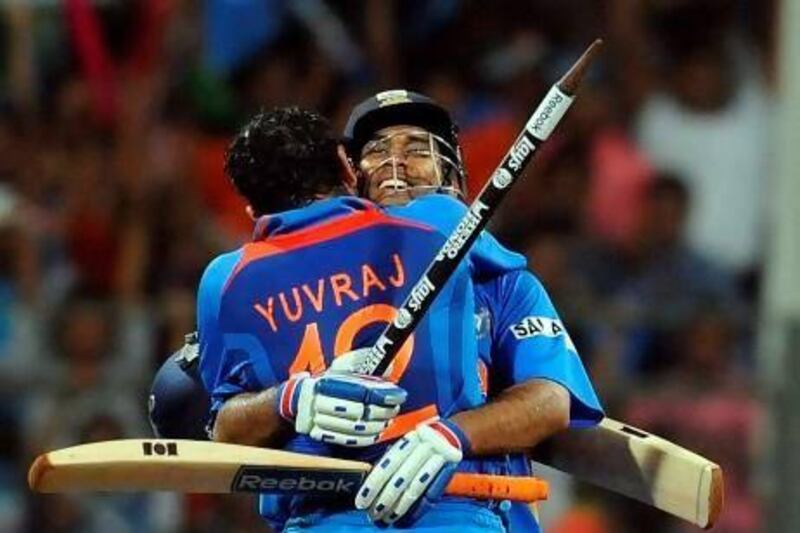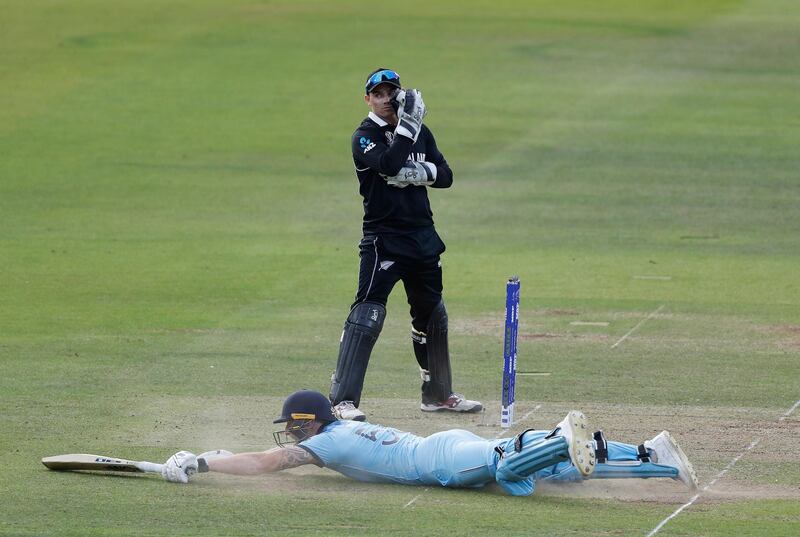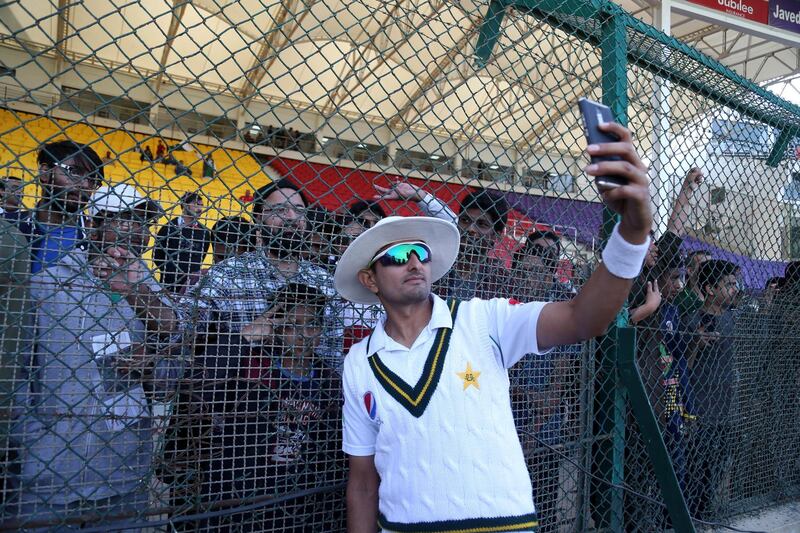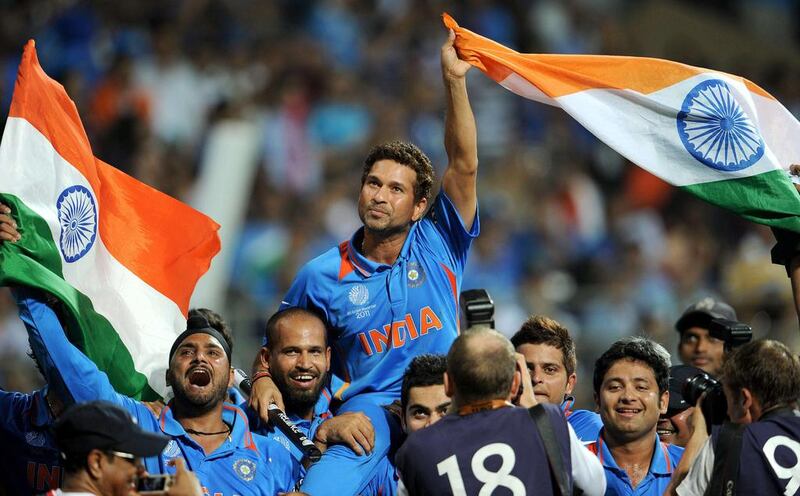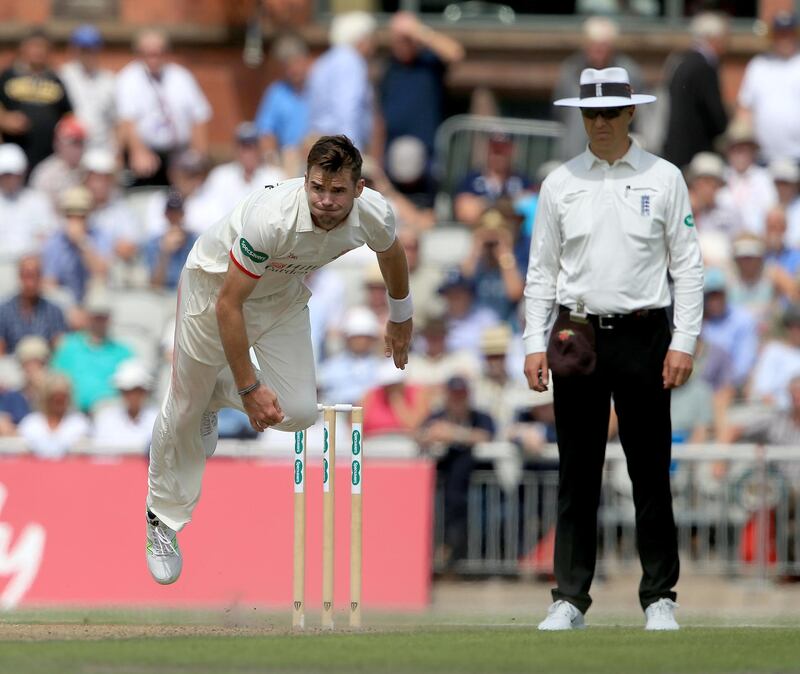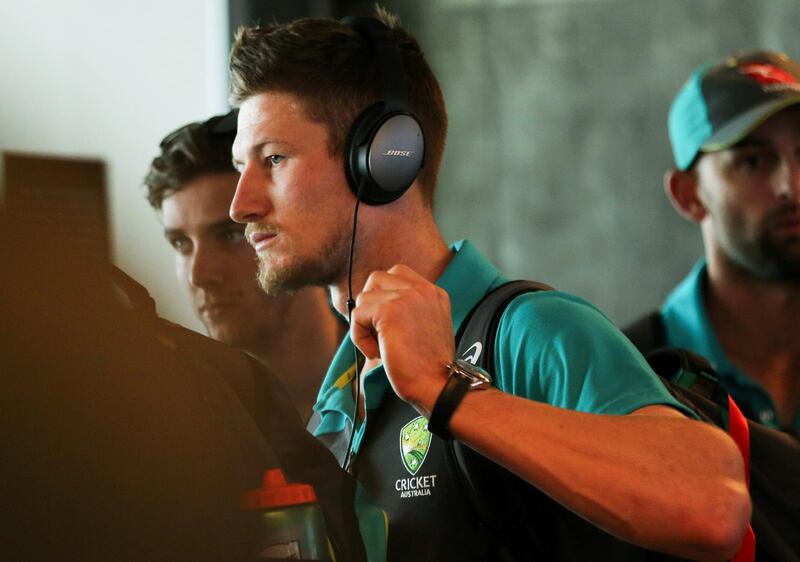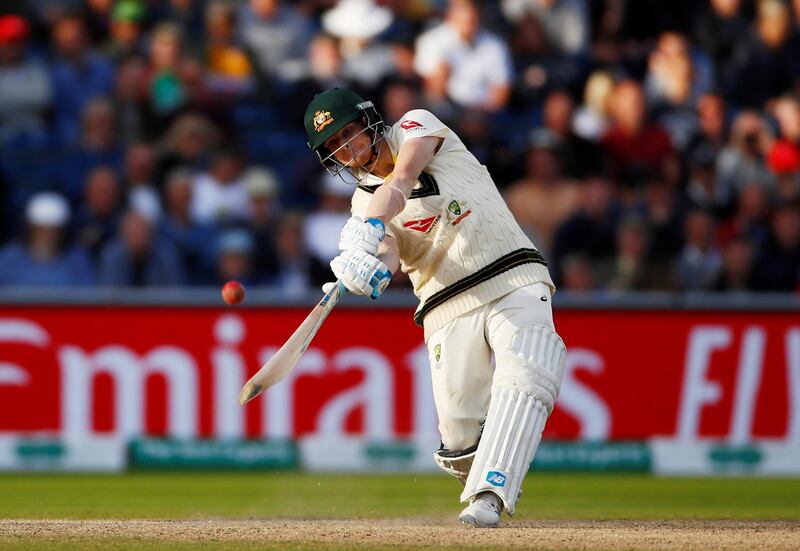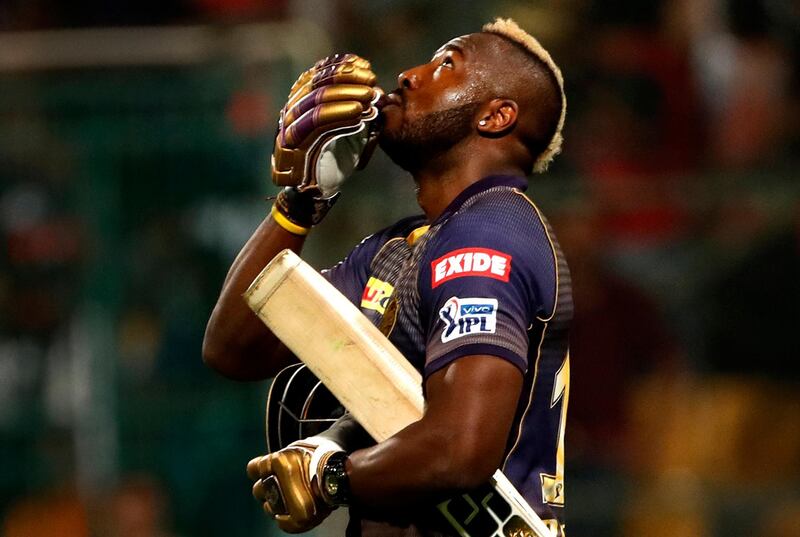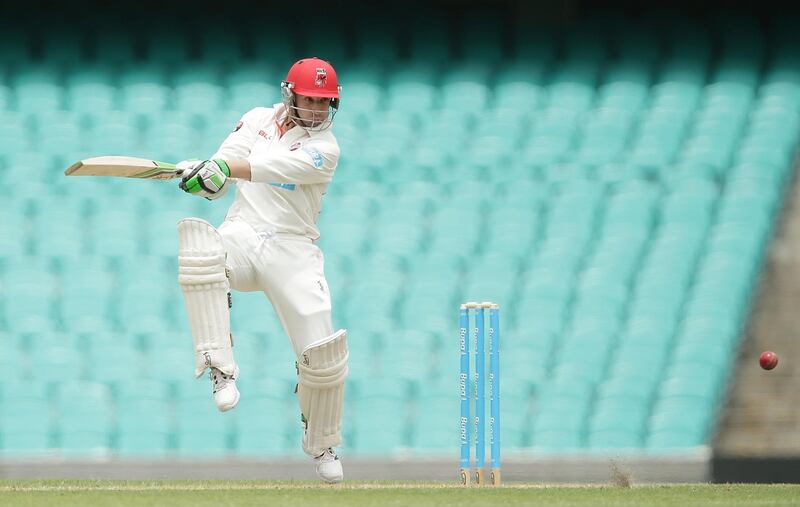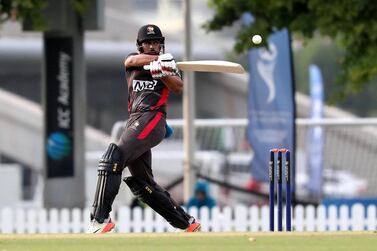It has been an engrossing decade of cricket. There were some sensational performances and heart-breaking incidents.
An incredible amount of money flowed into the game, changing the way the sport was played and run. As we come to the end of the 2010s, we take a look at 10 major moments.
Lord’s Test spot-fixing scandal
The decade started with one of the ugliest scandals to hit the game. Pakistan’s Mohammad Amir and Mohammad Asif were caught bowling deliberate no-balls in exchange for money in the 2010 Lord’s Test. The two bowlers, and captain Salman Butt, were convicted of corruption and handed prison sentences.
All three were banned from the game for five to 10 years. While Amir was allowed to return to international cricket almost immediately in 2016 after his suspension ended – as he was seen as a naïve teenager during the time of the incident – the other two seniors have been kept away from top-level cricket.
MS Dhoni wins it all
There have been many great captains over the years but there is only one Mahendra Singh Dhoni. Under Dhoni’s captaincy, India rose to the No 1 ranking in Test cricket, won the 2011 World Cup final – where the keeper himself hit an unbeaten 91 against Sri Lanka on a memorable night in Mumbai – and the 2013 Champions Trophy. Dhoni is the only captain in history to have won every major tournament in the game.
Apart from being one of the greatest finishers in the death overs, Dhoni remained the best limited overs wicketkeeper the entire decade.
2019 World Cup final
There is no recency bias here. The final between England and New Zealand at Lord’s was a nightmare for those with a weak heart. Ben Stokes’ 84 not out in a tense chase, four overthrow runs after the ball bounced off Stokes’ bat, a tie and then a tie in the Super Over as well. That New Zealand lost on boundary count became so difficult to digest, the International Cricket Council scrapped that rule.
While that will be of little consolation to New Zealand, they can at least be proud of the way they fought and did not lose, technically, in perhaps the greatest match of all time.
Return of cricket to Pakistan
International cricket left Pakistan in 2009 after the Sri Lankan team bus was attacked by militants in Lahore. For the better part of this decade, Pakistan were forced to play their ‘home’ games in the UAE. But slowly, Pakistan started to push for the return of international cricket.
After the Pakistan Super League was launched in 2016, international players were encouraged to play a handful of games in the country, which paved the way for gradual progress. Sri Lanka's recent Test tour of the country was the culmination of years of concerted efforts as the entire Pakistan team played its first match at their actual home.
Sachin and other greats retire
Sachin Tendulkar, Ricky Ponting, Jacques Kallis, Rahul Dravid, Kumar Sangakkara, Alastair Cook, Mahela Jayawardene, Brendon McCullum, Muttiah Muralitharan, Shoaib Akhtar, Shane Bond…
A superstar XI and also some of the great names who retired from the game this decade. Apart from the runs and wickets, what the game truly missed was the last link to the older way of playing cricket.
Most of these greats were the torchbearers of the patient, technique-heavy form of cricket. Nowadays, Tests are played at a furious pace with draws a rarity. Those who got to watch these greats play were truly lucky.
Anderson on top
What England seamer James Anderson has managed to achieve is nothing short of remarkable –150 Tests with the most wickets by a quick in history (575 before the start of the South Africa series) in a career spanning nearly two decades. The demands of modern-day cricket are such that pacers are giving up longer formats at a young age – Mohammad Amir quit Tests aged 27.
There are those who value performances in Tests but even when you get such bowlers, their body doesn’t always agree; Jasprit Bumrah’s back injury being a case in point. That makes Anderson’s longevity and success a rare achievement which, in all probability, will never be seen again.
Ball-tampering South Africa
As long as cricket has been played, fielding teams have tried to change the condition of the ball in order to provide their bowlers something extra. It’s a necessary evil, some might say. But when Australia’s Cameron Bancroft was caught on camera during the tour of South Africa in 2018 using a foreign substance to rough up the ball, all hell broke loose.
Captain Steve Smith and David Warner were suspended from cricket by the Australia board for a year while Bancroft was banned for nine months. The scandal also forced a culture review in Australia, putting the ‘win at all costs’ mentality in the spotlight.
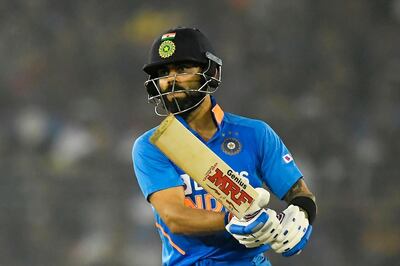
Rise of the Fab Four
Many experts believe the general quality of batting has dipped this decade as T20 cricket has left a big impression on the technique and mindset of batsmen.
Despite such views, the rise of Virat Kohli, Steve Smith, Kane Williamson and Joe Root – the last name in the list has fallen behind of late – has been exhilarating to watch. Forget about the numbers, these four batsmen have displayed the ability to score in any circumstance, on any pitch, against any opposition and in any format. And they switch between scenarios with remarkable ease. Pakistan’s Babar Azam is also threatening to break into this special group.
Proliferation of franchise cricket
First there was IPL. Then came everything else. The billions of dollars that started flowing into the game shook the foundations of cricket. T20 leagues popped up all across the globe, even in Canada. There was some T20 tournament or the other to watch 12 months. Then reality hit home; baring financially viable and truly independent leagues like the IPL, Caribbean Premier League and the Big Bash League, franchise cricket was not the cash cow many had wanted it to become.
Tournaments like Global T20 Canada and Afghanistan Premier League have come and gone. Some like the Euro T20 Slam might not see the light of day. Those who dreamed of becoming journeyman cricketers have been forced to re-evaluate.
Phil Hughes tragedy
On November 25, 2014, Australia batsman Phil Hughes got hit on the neck by a bouncer during a domestic match. He passed away following that horrific incident and the game changed forever.
Batting was no longer about bravado as protection against head injuries became one of the major areas of focus. Helmet designs were changed to offer greater protection to the exposed part of the neck. Later on, regulations were brought in with players now being allowed to be substituted in case of concussion.

